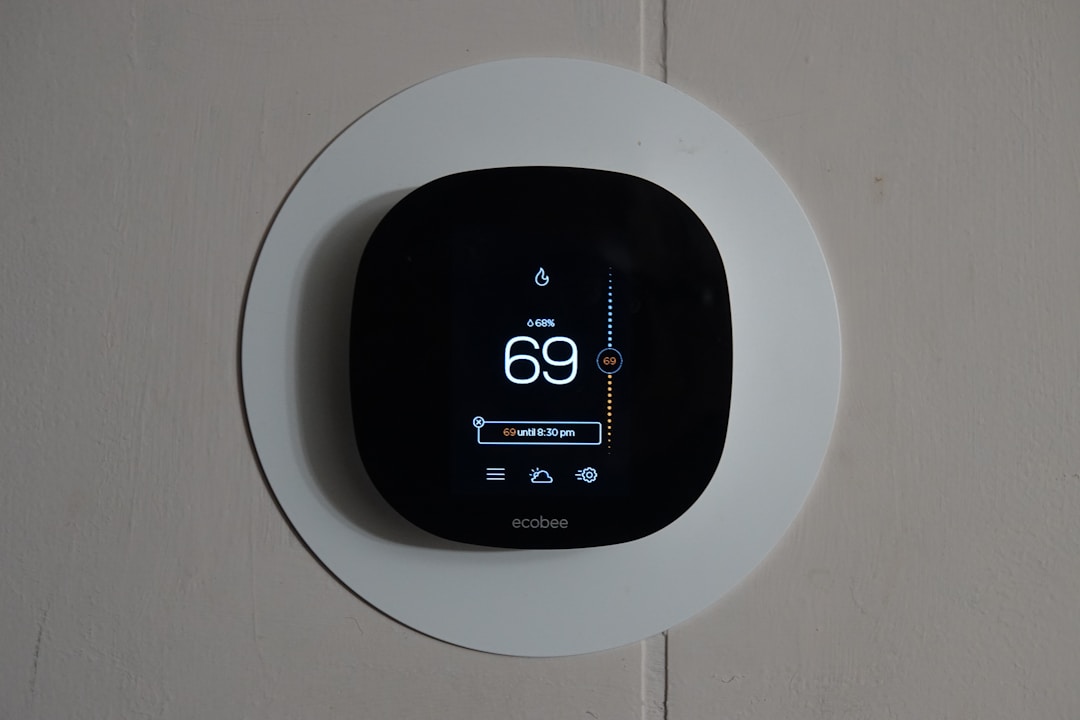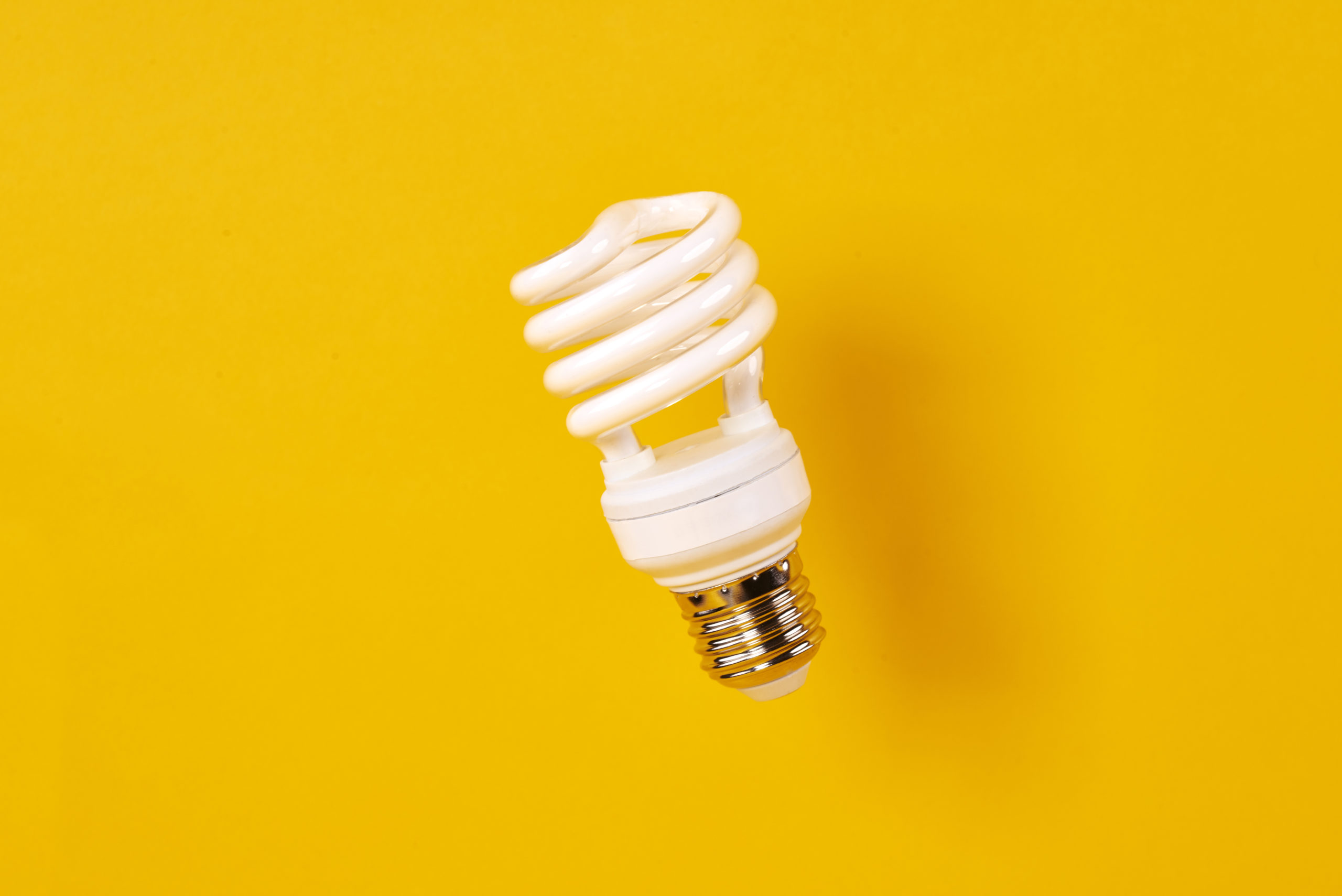Who doesn’t want to improve their home’s energy efficiency? Not only does better energy efficiency save you money on your utility bill, but it also helps your appliances last longer.
With fall already upon us, there are several things you can do to enhance your energy efficiency this season. In this article, we’ll examine some of the best ways you can boost energy efficiency this fall.
Replace old, high-energy appliances to increase your energy efficiency.

If your home is more than 15 years old, then chances are your appliances are, too. These older appliances are typically not as energy-efficient as newer models, and they’re likely nearing the end of their lifespans anyway. For example, the average lifespan of an HVAC unit is between 15 and 20 years. These systems usually start losing energy efficiency after roughly 10 years of use. So, replacing your old HVAC unit with a more modern version will give your home’s energy efficiency a boost.
You can also check your indoor appliances, such as refrigerators, dishwashers, and washing machines, for an Energy Star label to see if they’re energy-efficient models.
Set your thermostat to a comfortable temperature, and leave it alone to improve energy efficiency.

Regulating the temperature inside your home is crucial to conserving energy and saving money. If you have a programmable thermostat, consider setting it to a temperature that’s comfortable and will not need to be adjusted. Most professionals suggest setting it to 68 degrees to conserve the most energy.
Having your thermostat set to one standard temperature will allow your HVAC system to keep the temperature regulated more easily. As a result, your HVAC unit will have less work, too, reducing energy consumption in the process. If you don’t have a programmable thermostat, it may be worth looking into one this fall to boost your energy efficiency.
Don’t forget to change your air filters to reduce energy consumption.
Changing the air filters for your HVAC system is one chore many homeowners forget to do. However, it’s vital to prevent your home from using unnecessary energy. These filters act as the access point for your heating and cooling system’s airflow. They filter the air your HVAC unit cycles to remove unwanted particles, such as dirt, dust, and other allergens.
If you don’t regularly replace these filters, they’ll become clogged. Clogged air filters put additional strain on your HVAC system, causing it to expel more energy to do its job. If you regularly change your air filters, you’ll ensure that your heating and cooling system uses the lowest amount of energy needed to regulate your home’s temperature.
Let nature do some of the work to boost your energy efficiency.
Let the sun’s light and heat do some of the work heating your home. First, open the blinds and curtains on all of your southern-facing windows to allow the sun to warm these rooms. Then, as the day comes to an end, remember to close the blinds and curtains again to lock this additional heat inside. You’d be surprised how much of a load this will take off of your heating and cooling system, lowering your home’s energy consumption.
Reverse your ceiling fan’s spin settings to improve your energy efficiency.
Nowadays, most ceiling fans have a switch that allows you to reverse their spin. Since warm air rises, if you change the fan’s spin, it’ll push warm air back down into the room. Not to mention, the additional air circulation will prevent pockets of cold air from settling in the corners of the room. Just remember to set the fans back to their standard settings when summer comes around again.

